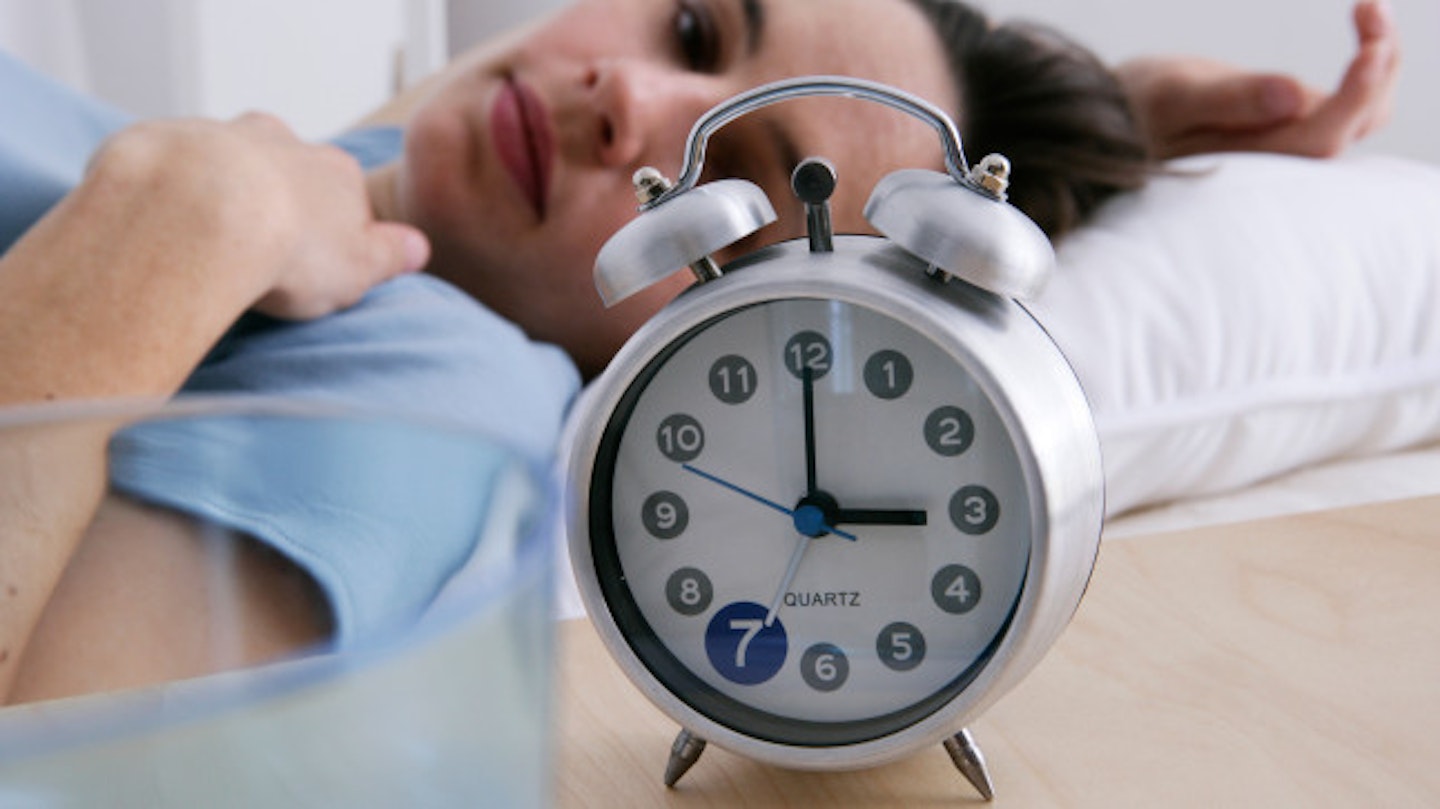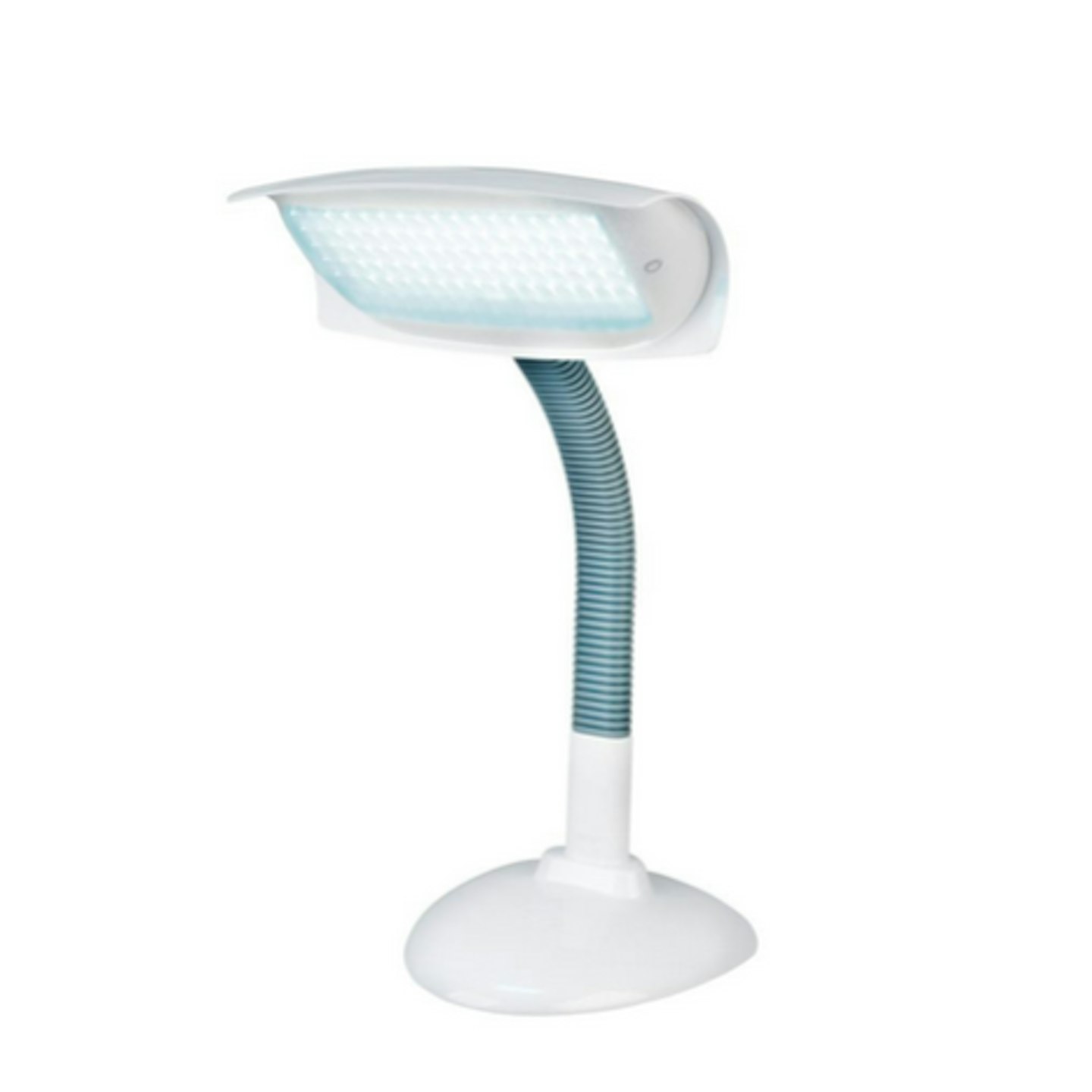What is it?
Also known as winter depression or the milder 'winter blues', SAD affects around one in fifteen people in the UK between September and April.
Symptoms usually start as the days get shorter and darker in autumn, and continue through to the spring. The condition is prominent throughout northern and southern hemispheres, and rare in people living within 30 degrees of the Equator, where daylight hours are long and bright.
In some people the symptoms are so severe they cannot function without continuous treatment.
What are the symptoms?
-
Problems sleeping- either oversleeping or disrupted sleep
-
Memory loss
-
Change in appetite
-
Change in social behaviour
-
Lethargy
-
Anxiety
-
Depression- feeling empty, hopeless and weepy
-
Apathy - loss of motivation and concentration
-
Loss of libido
-
Weakened immune system
-
Mood changes

What are the causes?
Experts believe a lack of sunlight increases the body’s production of a body chemical called melatonin, hormone serotonin and your body's internal clock. Melatonin is what helps regulate sleep and can cause symptoms of depression. Serotonin is a hormone which affects your mood, appetite and sleep.
Research also seems to show a link between low levels of vitamin D- most of which we get from exposure to sunlight- in the blood and symptoms of depression.
What treatment is available?
Lifestyles changes
-
Trying to get as much natural sunlight as possible
-
Increasing your vitamin D intake to replace lack of sunlight induced vit D
-
Exercising to increase the release of 'happy hormone' serotonin
-
Managing your stress levels
-
Introducing a routine (work/social/ rest) to give yourself something to look forward to
Light therapy
To treat SAD, most sufferers need light to the eyes as bright as a spring morning on a clear day, for around 30 minutes a day. In the form of lamps or bedside lights, these are not currently available on the NHS. Here are some options.

Counselling
Visit your GP to be referred to a therapist.
Cognitive behavioural therapy
Speak to your GP about being referred for CBT, which focuses on the way you manage your problems by changing the way you think and behave. Rather than helping you remove your problems, it can help you deal with them in a more positive way. Click here for more info.
Anti depressants
If your SAD is severe your GP may prescribe antidepressants. Selective serotonin reuptake inhibitors (SSRIs) are the preferred type of antidepressant for treating SAD. These work by increasing the level of the hormone serotonin in your brain, which can help lift your mood.
You should be aware that it can take up to four to six weeks for the medication to take full effect and you should take the medication as prescribed until advised to gradually stop by your doctor. Click here for more infoon potential medication side effects.
